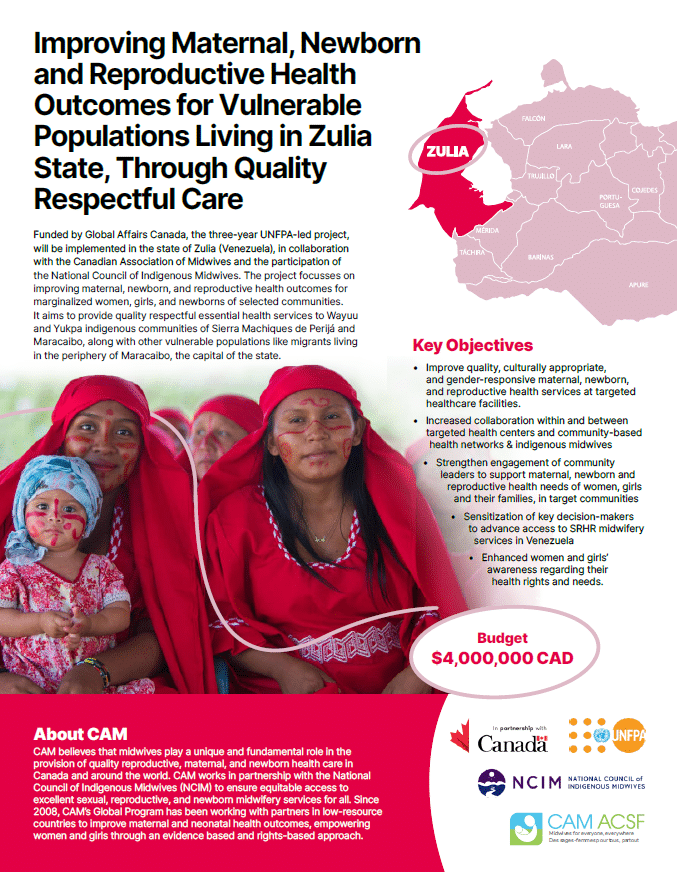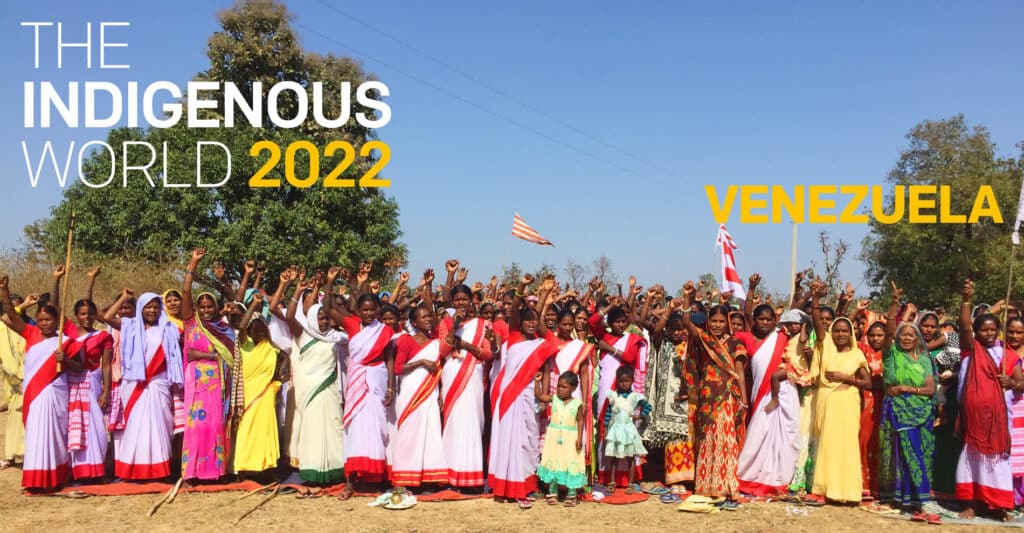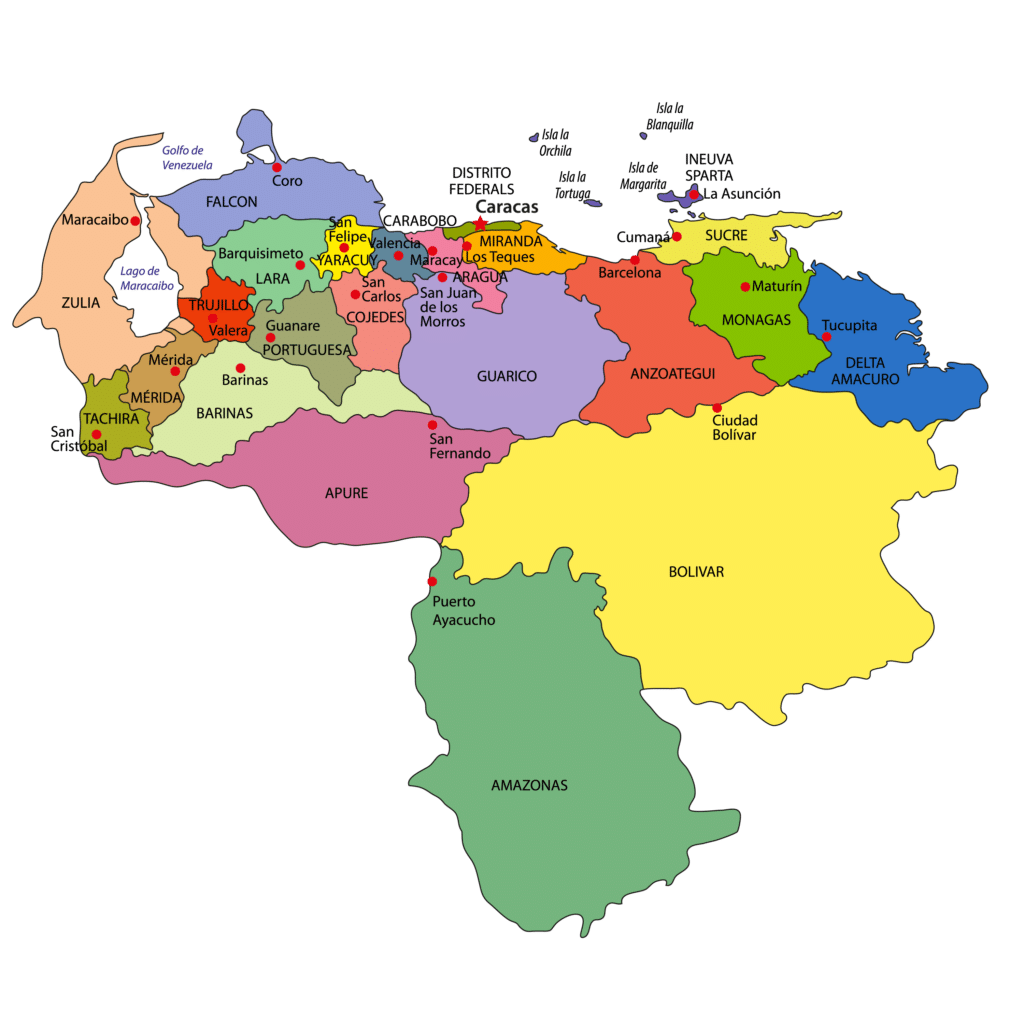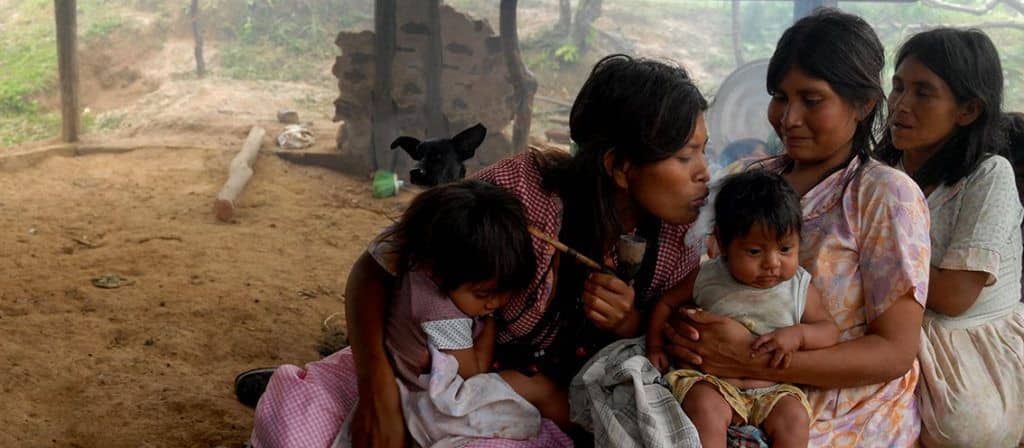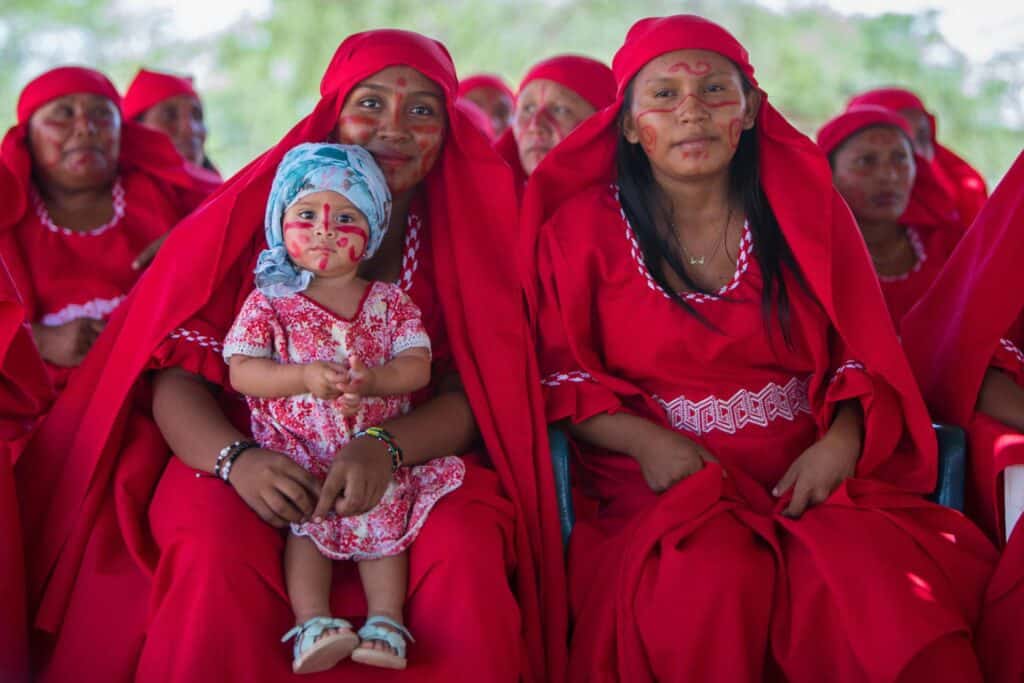
Funded by Global Affairs Canada, the three-year UNFPA-led project, will be implemented in the state of Zulia (Venezuela), in collaboration with the Canadian Association of Midwives and the participation of the National Council of Indigenous Midwives. The project focuses on improving maternal, newborn, and reproductive health outcomes for marginalized women, girls, and newborns of selected communities. It aims to provide quality respectful essential health services to Wayuu and Yukpa indigenous communities of Sierra Machiques de Perijá and Maracaibo, along with other vulnerable populations like in the periphery of Maracaibo, the capital of the state.
Project Objectives
• Improve quality, culturally appropriate, and gender-responsive maternal, newborn, and reproductive health services at targeted healthcare facilities.
• Strengthen engagement of community leaders to support maternal, newborn and reproductive health needs of women, girls and their families, in target communities
• Increased collaboration within and between targeted health centers and community-based health networks & indigenous midwives
• Sensitization of key decision-makers to advance access to SRHR midwifery services in Venezuela
• Enhanced women and girls’ awareness regarding their health rights and needs.
Total Project Budget
4 million CAD
Highlights 2024
Despite a complex political crisis and restricted community engagement in Venezuela, the project advanced maternal, neonatal, and reproductive health in Zulia State. A training-of-trainers approach reached 98 health workers, with follow-up workshops extending respectful care practices to 83 more participants. Collaboration with Indigenous midwives began through historic meetings and workshops. The project’s visibility expanded regionally, and its success inspired the launch of a new university program and Wayuu language tools to strengthen intercultural maternal health care in 2025.
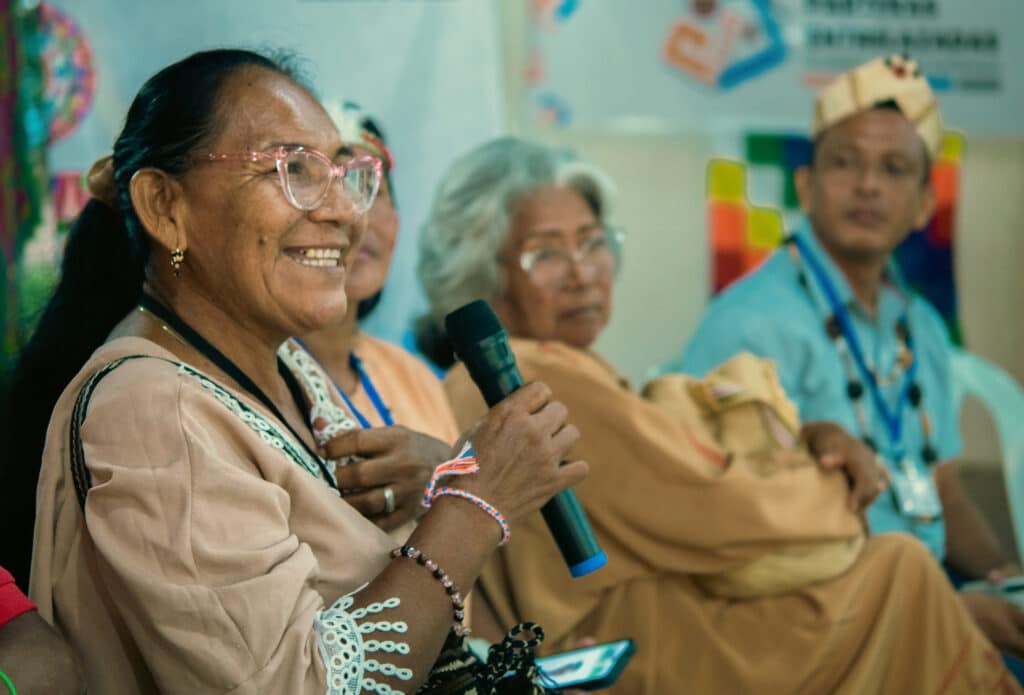
NETWORKING
First Indigenous Midwife Meeting: 34 Wayuu and Yukpa Indigenous midwives participated. Laid the foundation for ongoing work with Indigenous midwives in health services. Strengthened partnerships with National Council of Indigenous Midwives of Canada (NCIM).
Regional Technical Meeting: Held in Mexico City with UNFPA, Venezuelan Ministry of Health, and Indigenous Peoples Directorate.
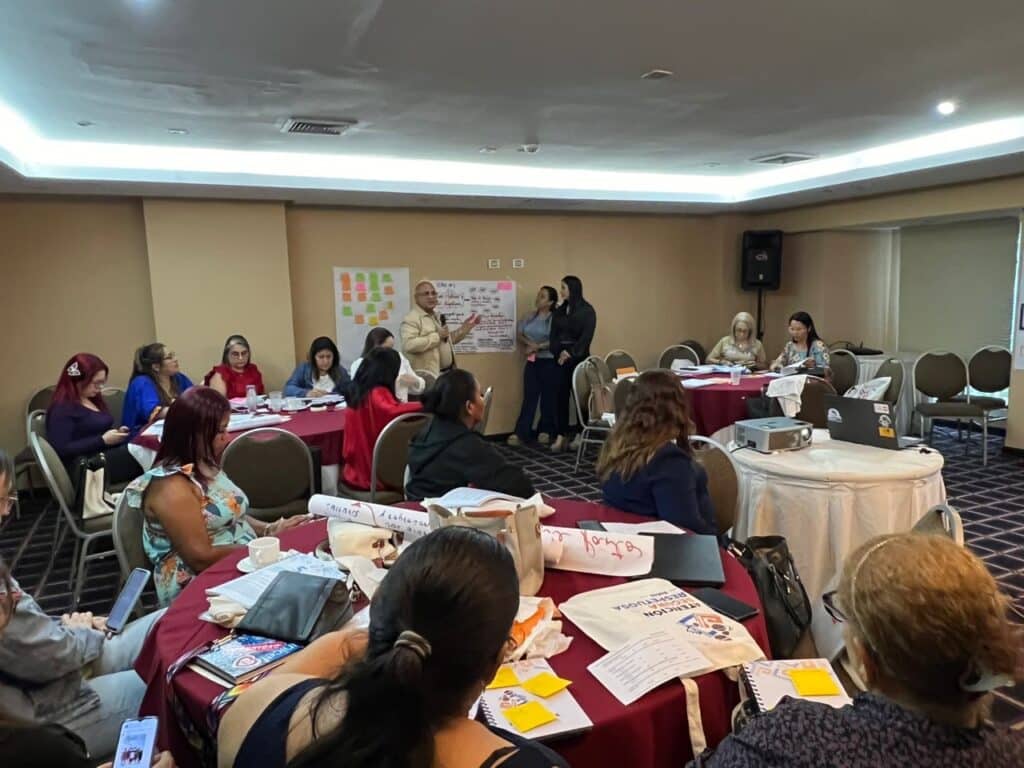
WORKSHOPS
Training of Trainers (ToT) on Respectful Maternal and Neonatal Care (RMNC): 23 individuals (mostly women) trained in respectful maternal care principles. 7 hospitals in Zulia reached, impacting 98 health workers (midwives, SAOI staff, NGO leaders).
Replication Workshops: 3 replication workshops conducted by trained personnel. Reached 83 participants, including midwives, SAOI staff, and health professionals.
Workshop for SAO; 30 participants trained in respectful maternal care principles.
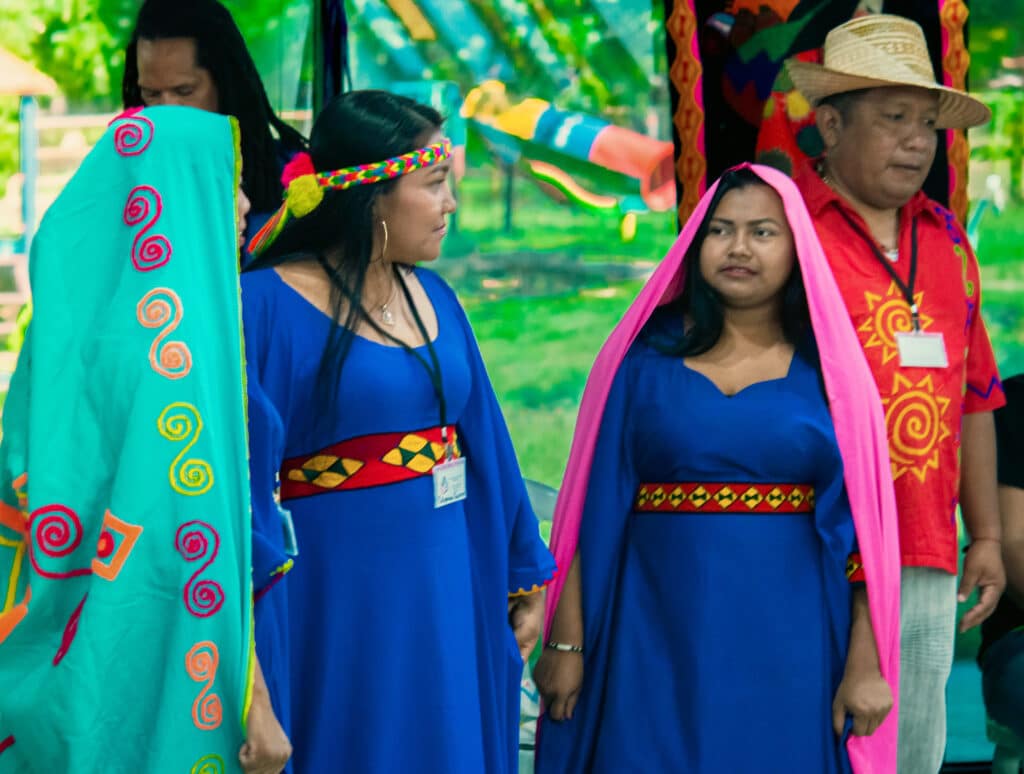
NOTABLE OUTCOMES
University of Health Sciences proposed a specialization in Respectful Maternal Health for health professionals starting in 2025.
A Wayuu language course and Spanish-Wayuu health dictionary will be developed to improve intercultural communication in health settings.
News about the Zulia Project
